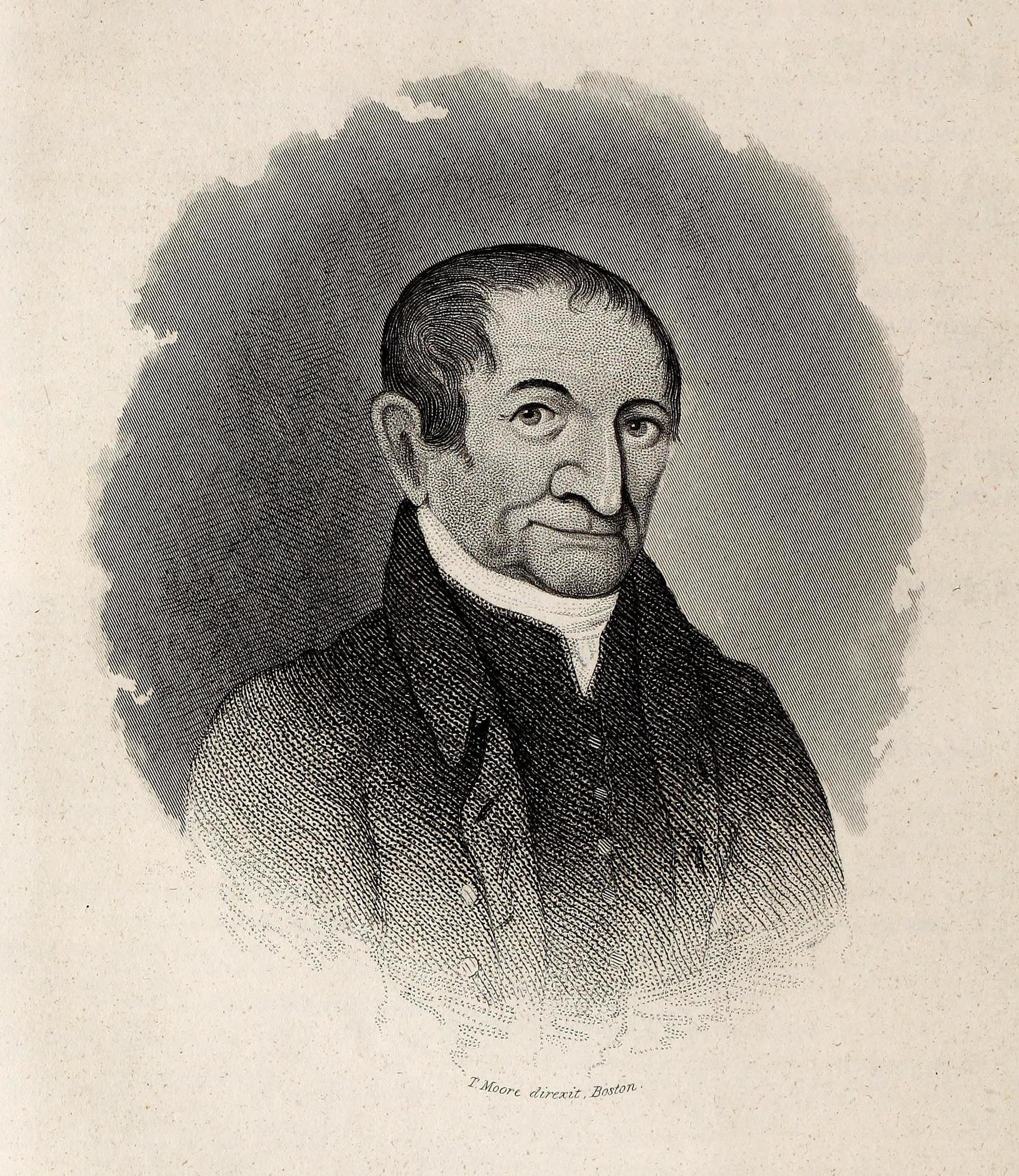Asa Burton on:
[Wikipedia]
[Google]
[Amazon]
 Asa Burton (August 25, 1752May 1, 1836) was an American minister and theologian.
Asa Burton was born on August 25, 1752, in Stonington, Connecticut, to Rachel and Jacob Burton, the sixth child in a family of thirteen. His family moved to Preston when he was very young. When he was about fourteen, his father moved again to
Asa Burton (August 25, 1752May 1, 1836) was an American minister and theologian.
Asa Burton was born on August 25, 1752, in Stonington, Connecticut, to Rachel and Jacob Burton, the sixth child in a family of thirteen. His family moved to Preston when he was very young. When he was about fourteen, his father moved again to
 Asa Burton (August 25, 1752May 1, 1836) was an American minister and theologian.
Asa Burton was born on August 25, 1752, in Stonington, Connecticut, to Rachel and Jacob Burton, the sixth child in a family of thirteen. His family moved to Preston when he was very young. When he was about fourteen, his father moved again to
Asa Burton (August 25, 1752May 1, 1836) was an American minister and theologian.
Asa Burton was born on August 25, 1752, in Stonington, Connecticut, to Rachel and Jacob Burton, the sixth child in a family of thirteen. His family moved to Preston when he was very young. When he was about fourteen, his father moved again to Norwich, Vermont
Norwich is a town in Windsor County, in the U.S. state of Vermont. The population was 3,612 at the 2020 census. Home to some of the state of Vermont's wealthiest residents, the municipality is a commuter town for nearby Hanover, New Hampshir ...
.
Burton began studying at Dartmouth College
Dartmouth College (; ) is a private research university in Hanover, New Hampshire. Established in 1769 by Eleazar Wheelock, it is one of the nine colonial colleges chartered before the American Revolution. Although founded to educate Native ...
around age 21. Shortly after he entered Dartmouth, many of his family members died. He graduated in 1777. He was licensed to preach in August or September of that year and was ordained as a minister on January 19, 1779. For most of his career, Burton's ministry was in Thetford, Vermont.
Burton taught theology from 1786 to 1816. He received a doctorate of divinity from Middlebury College in 1804. From 1809, he edited ''Advisor; Or, Vermont Evangelical Magazine''. In 1824 he published a book called ''Essays on Some of the First Principles of Metaphysics, Ethics, and Theology''.
In his ''Essays'', Burton adopted a "taste" theology, which held that humans had an original inclination toward, or taste for, sin. Burton, as a "taster", opposed the "exercisers" including Nathanael Emmons, who distinguished between inclinations toward sin (tastes) and sinful acts (exercises). Burton's taste view developed Jonathan Edwards's theory that the will is not a distinct faculty; rather, according to Burton, the will is a manifestation of the human heart. Burton's emphasis on taste gave him and other tasters a way to deny that sinful behavior was caused by God. Rather, sin was caused by human inclination towards sin. This offered an alternative to the determinism of exercisers such as Emmons, who held that each of the soul's acts was caused by divine agency.
Burton died on May 1, 1836, in Thetford.
Citations
Works cited
* *Further reading
* * {{DEFAULTSORT:Burton, Asa 1752 births 1836 deaths 19th-century American philosophers 19th-century American theologians Dartmouth College alumni Middlebury College alumni People from Stonington, Connecticut People from Thetford, Vermont